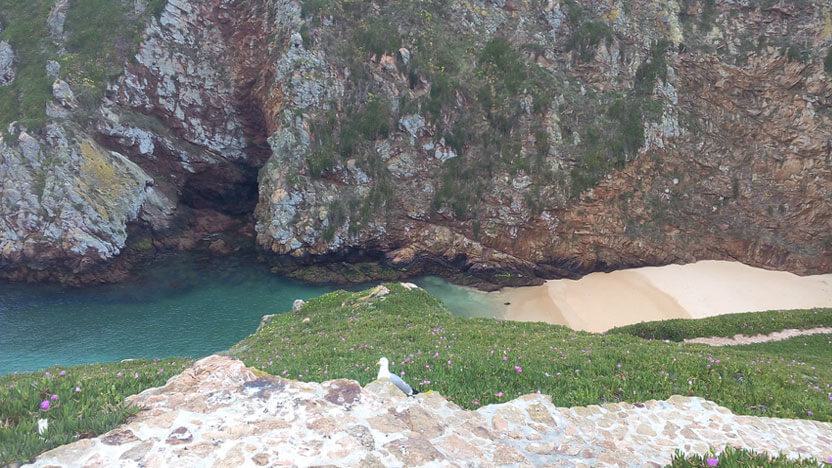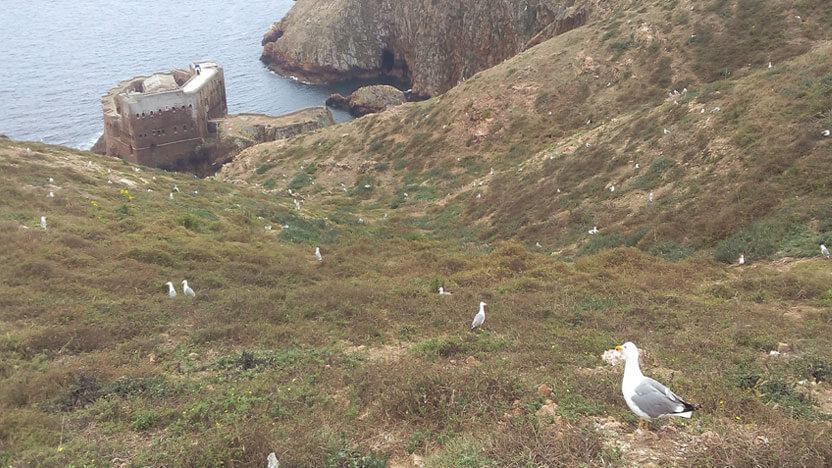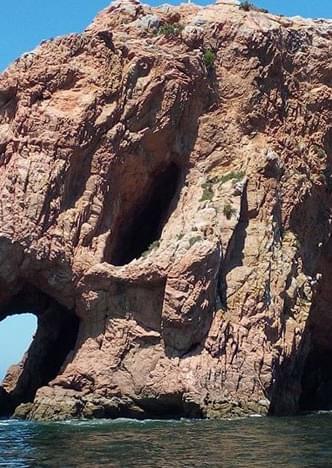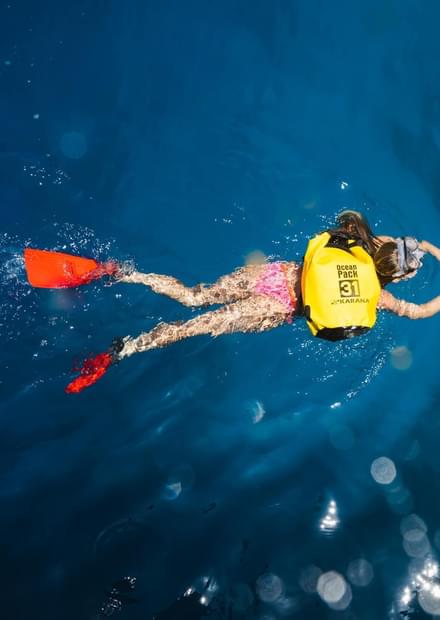The main goal of the project is to turn the archipelago of Berlengas into an example of sustainable tourism and responsible economic development by integrating all economic activities in the incredible existing natural assets.
As far as the yellow-legged gulls are concerned, ICNF – Institute for the Conservation of Nature and Forests informed that every year an egg control is made in the island, and around 60.000 eggs are destroyed annually. The population of yellow-legged gulls in the island is beginning to decrease, which however does not necessarily mean that they cannot be nesting somewhere else.
Life+Berlenga project helps solving this question, because gulls are monitored by placing small tracking devices on them, so that scientists know where they are heading to and where do they feed themselves.
The partnership involving SPEA – Portuguese Society for Bird Study, ICNF – Institute for the Conservation of Nature and Forests, Peniche Municipality and Social and Human Sciences’ Faculty of Universidade Nova de Lisboa is based on sustainable development, responsible tourism and preservation of natural assets of Berlengas Natural Reserve, an example of protected area management. SPEA – Portuguese Society for Bird Study is a non-governmental organisation that works on preserving birds and its habitats in Portugal. SPEA is a member of BirdLife International, an association of nature conservation organisations in more than 100 countries, considered one of world’s authorities of the study of birds, its habitats and problems that affect them.








